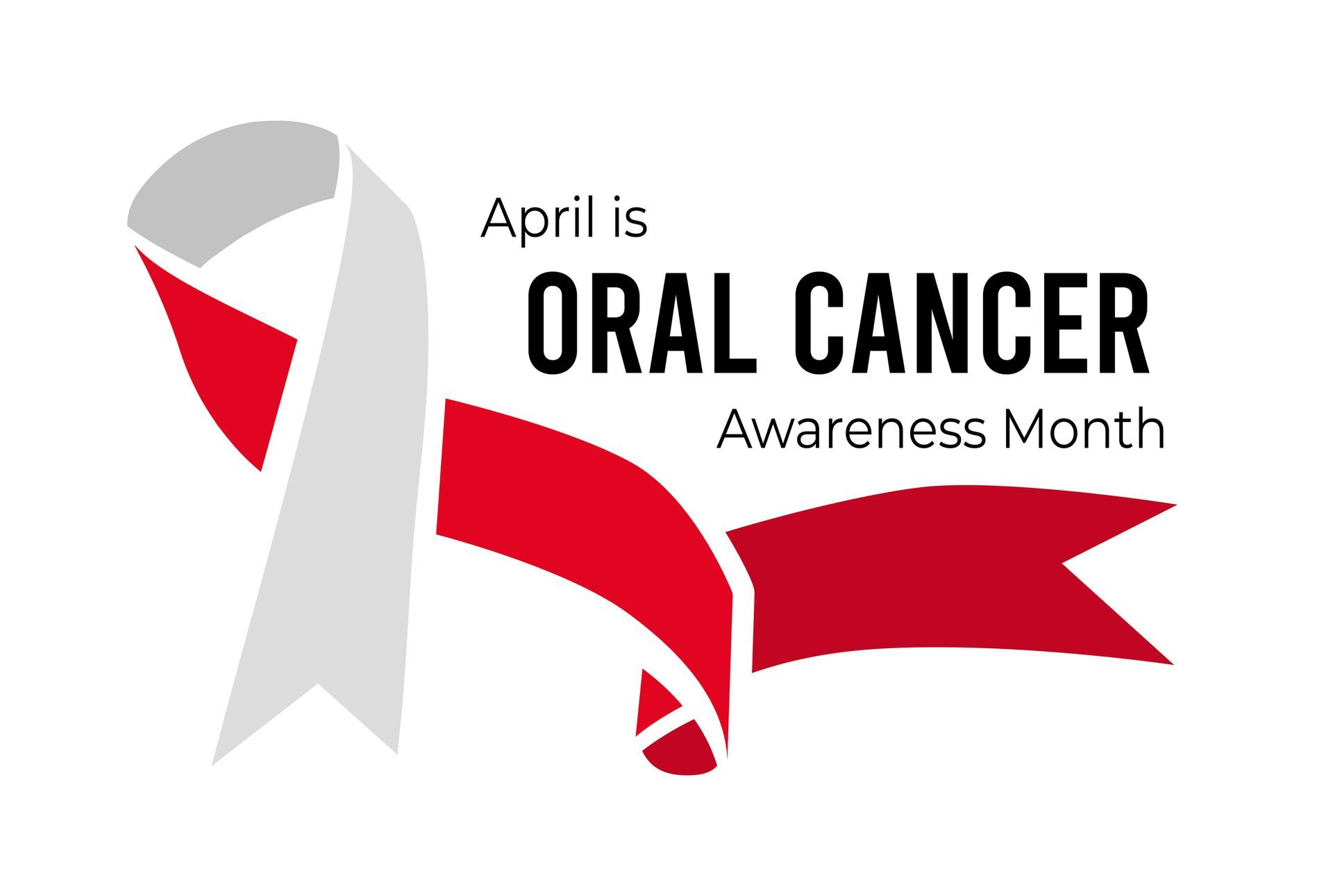When Comfort Becomes Concern: Understanding and Managing Finger and Thumb Sucking in Children
Thumb and finger sucking are natural reflexes for children. This habit starts early in life, with sonograms often showing fetuses sucking their thumb in the womb. For infants and young children, these behaviors provide a sense of security and comfort. However, prolonged thumb sucking can lead to dental and speech issues. Here, we discuss the implications of these habits and offer guidance for parents on how to manage them.

The Why Behind the Suck: Causes and Benefits
Sucking on thumbs, fingers, or pacifiers is often related to the soothing effect it provides. It’s a coping mechanism to help deal with anxiety or discomfort and can also be a way for toddlers to fall asleep.
When to Worry: The Potential Pitfalls
Typically, children stop thumb or finger sucking on their own between the ages of 2 and 4. The habit becomes problematic when it continues beyond the ages when permanent teeth begin to emerge. Potential issues include:
• Dental Problems: Prolonged sucking can lead to misaligned teeth, which might require orthodontic treatment.
• Speech Difficulties: It may interfere with the proper growth of the mouth, alignment of the teeth, and changes in the roof of the mouth, potentially leading to speech problems.
• Social Challenges: Older children may face social stigma or peer pressure related to sucking their thumb or fingers.

Steps to Wean Off: Reducing the Habit
Here’s how you can gently discourage your child from continuing the sucking habit:
• Positive Reinforcement: Praise and reward your child for not sucking their thumb.
• Identify Triggers: Notice when and why your child resorts to the behavior and provide comfort or distraction during these times.
• Offer Alternatives: Substitute a comforting activity during the times your child would normally engage in sucking their thumb.
• Use Reminders: For older children, a bandage on the thumb or a sock on the hand at night can serve as a reminder.
• Seek Professional Advice: If the habit persists, your pediatrician or pediatric dentist can provide additional strategies, which may include the use of a mouth appliance.
Constructive Conversations: Talking to Your Child
Engage your child in discussions about their thumb sucking or finger sucking. Older children can be part of the decision-making process to find solutions. Explain the reasons why it might be time to stop and involve them in choosing the method to break the habit.
Understanding is Key: Avoid Negative Measures
It’s essential to avoid scolding, shaming, or punishing your child for thumb sucking as these tactics can actually increase the behavior by adding stress.
Conclusion: A Guiding Hand
Understanding the nuances of thumb and finger sucking is the first step in helping your child outgrow the need for it. With a thoughtful approach and support from caregivers, most children naturally leave the habit behind. Should the habit persist and dental or speech issues arise, early intervention by a professional can correct these problems with minimal impact. Remember, patience and encouragement are your best allies in helping your child through this phase of development.




